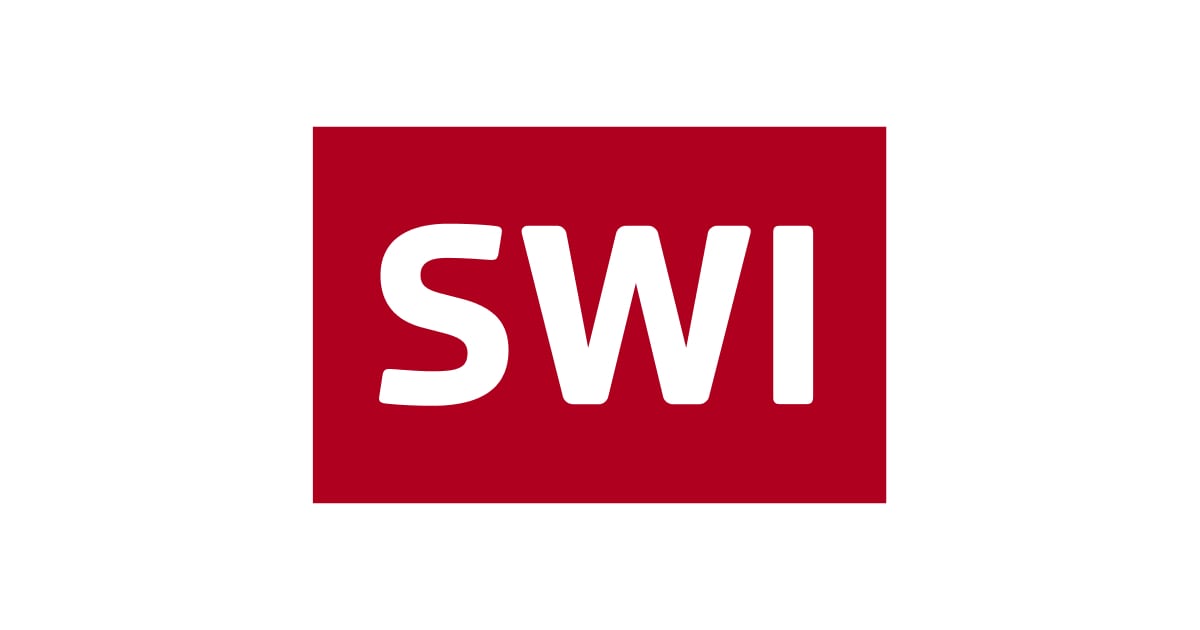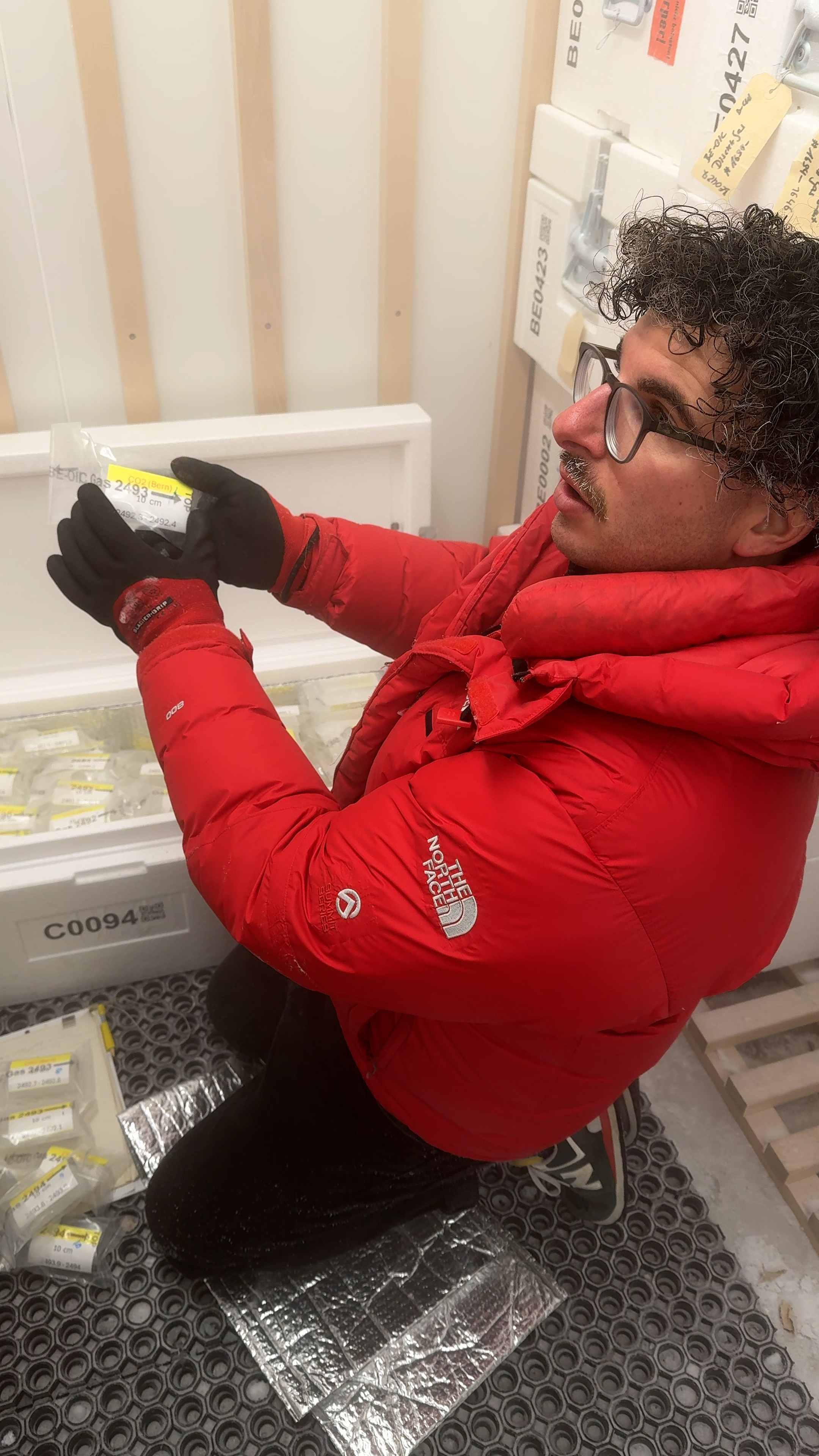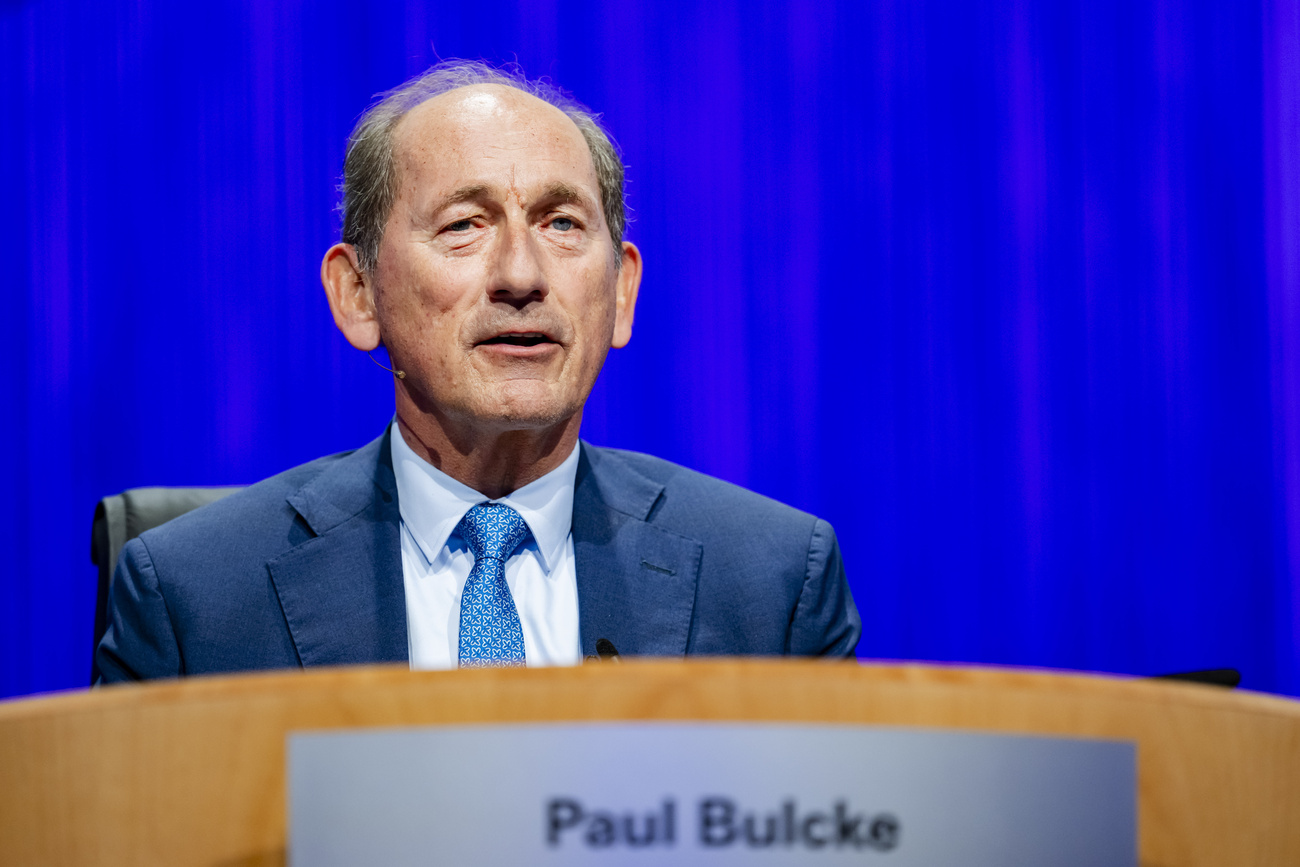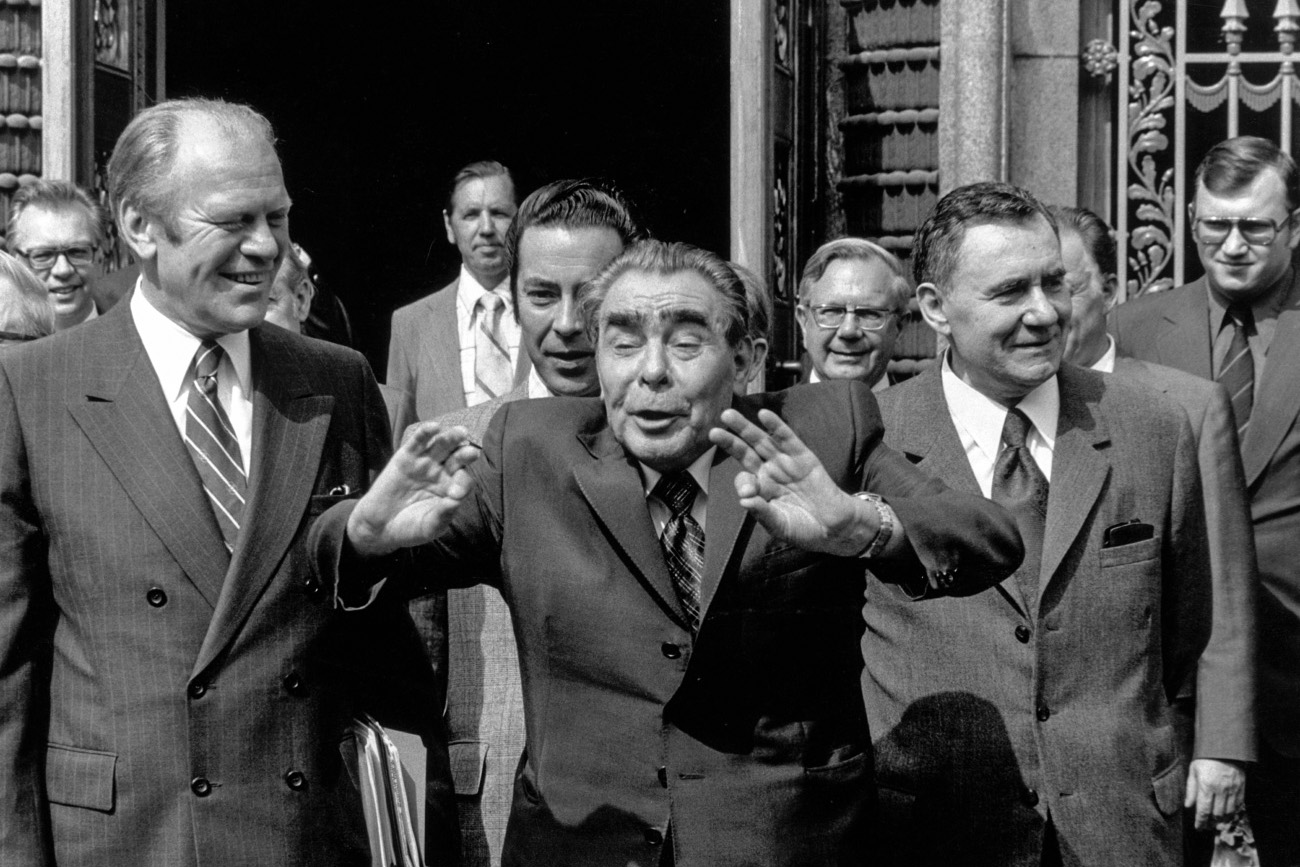
Tech, Health-Care Push Stocks Higher; Bonds Gain: Markets Wrap
(Bloomberg) — Stocks continued to rise as Wednesday’s trading session progressed, seemingly shrugging off the US government shutdown. US Treasuries rallied after private payrolls data cemented bets that the Federal Reserve will lower interest rates later this month.
After fluctuating between modest losses and gains earlier, the S&P 500 was boosted by the health-care sector in afternoon trading on optimism stemming from Pfizer Inc.’s deal with the White House. Tech names like Tesla Inc. and Apple Inc. also pushed the index 0.4% higher. The 10-year Treasury yield was around 4.10% after touching 4.08% earlier. The Bloomberg Dollar Spot Index was little changed.
Subscribe to the Stock Movers Podcast on Apple, Spotify and other Podcast Platforms.
The government shutdown threatens a blackout in crucial economic data that the Fed needs to make its rate decisions, meaning economists and policymakers will rely more on private reports like the ones that came in on Wednesday.
The ADP report showed payrolls at US companies unexpectedly dropped in September, consistent with other data over the past month indicating that the labor market is slowing. That prompted traders to add to bets on two more Fed rate cuts this year. US factory activity shrank in September for a seventh straight month, according to the Institute for Supply Management.
The JOLTS report on Tuesday, meanwhile, signaled that demand for workers is slowing, giving traders another snapshot of the labor market at a time the Bureau of Labor Statistics’ nonfarm payrolls data will likely be delayed.
Given all this information, some investors don’t think the absence of Friday’s report will derail the Fed.
“We believe that even if the September nonfarm payroll report cannot be published before the Fed meeting, officials will have enough information about the labor market to deliver another 25bp ‘insurance’ cut at the October meeting,” said Atakan Bakiskan, US economist at Berenberg.
Others are also looking at previous shutdowns to determine that such events often don’t last long and often have a negligible macroeconomic impact.
“What sets this shutdown apart is the threat of permanent layoffs for non-essential federal staff, which, while possibly political bluster and subject to legal challenges, could prolong the drag on public sector payrolls,” Thomas Ryan, North America economist at Capital Economics, wrote in a note.
At a White House press conference on Wednesday, Vice President JD Vance said he doesn’t anticipate a long shutdown, adding that layoffs will come if it lasts days or weeks. Republicans are leaning into hardball tactics to pressure Democrats to cave to end the shutdown, with White House Budget Director Russell Vought planning to swiftly dismiss federal workers.
But for now, Stuart Kaiser, Citigroup’s head of US equity trading strategy, doesn’t really see the shutdown hurting stocks.
“For this to really impact equity markets you’re going to need it to last for a while, you’re going to need to see pretty large layoffs or something happen in the bond market to spill over into the equity market,” he said on Bloomberg Television on Wednesday.
What Bloomberg Strategists say…
“Late-in-the-year seasonality favors stocks as the dominant US asset, while the dollar has been doomed to be a laggard. This year is likely to follow that pattern, even as a US shutdown adds a new factor into the mix. It’s likely to cement the pattern of dollar weakness, given the tendency of shutdowns to hurt the greenback, and help bonds.”
— Kristine Aquino, Managing Editor, Markets Live
For the full analysis, click here.
On the long term, the government shutdown could magnify concerns about US policy stability, Lauren Goodwin, economist and chief market strategist at New York Life Investments, wrote in a note.
“Investors can operate under a simple rule of thumb: the longer a shutdown lasts, the greater its effects on consumer confidence, economic activity, and market outcomes,” she said.
Some of the main moves in markets:
Stocks
The S&P 500 rose 0.4% as of 2:57 p.m. New York time The Nasdaq 100 rose 0.5% The Dow Jones Industrial Average rose 0.2% The MSCI World Index rose 0.4% Currencies
The Bloomberg Dollar Spot Index was little changed The euro was little changed at $1.1737 The British pound rose 0.3% to $1.3487 The Japanese yen rose 0.6% to 147.06 per dollar Cryptocurrencies
Bitcoin rose 2.3% to $117,297.26 Ether rose 2.8% to $4,313.57 Bonds
The yield on 10-year Treasuries declined five basis points to 4.10% Germany’s 10-year yield was little changed at 2.71% Britain’s 10-year yield was little changed at 4.70% Commodities
West Texas Intermediate crude fell 0.7% to $61.92 a barrel Spot gold rose 0.1% to $3,863.20 an ounce This story was produced with the assistance of Bloomberg Automation.
–With assistance from Andre Janse van Vuuren, Emily Graffeo, Isabelle Lee and Vildana Hajric.
©2025 Bloomberg L.P.




































